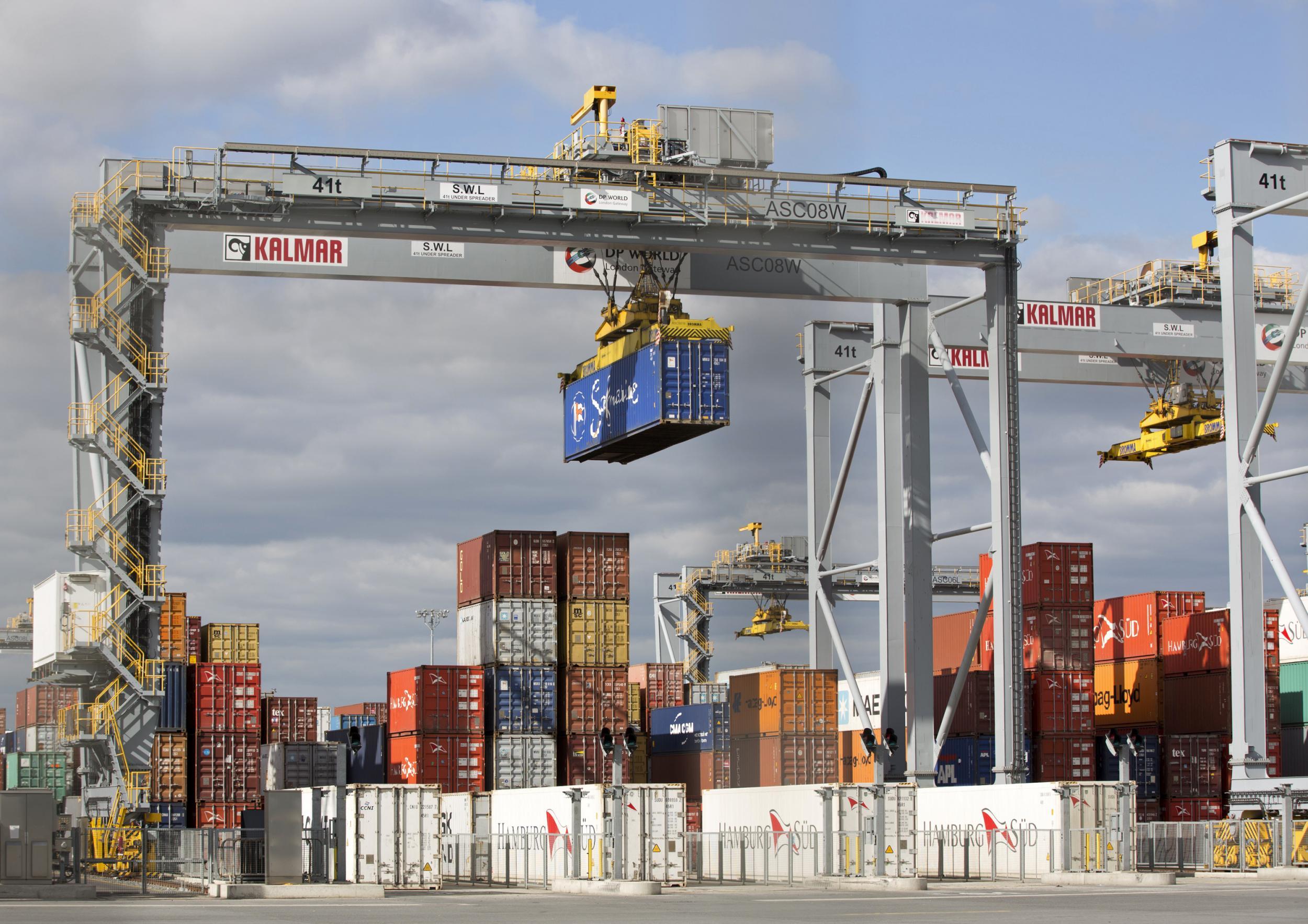No guarantee new customs IT system will be ready for no-deal Brexit, says UK customs chief
Brexit Secretary David Davis has insisted new customs system is on track – but HMRC tells MPs: ‘Nobody said we were confident’

Your support helps us to tell the story
From reproductive rights to climate change to Big Tech, The Independent is on the ground when the story is developing. Whether it's investigating the financials of Elon Musk's pro-Trump PAC or producing our latest documentary, 'The A Word', which shines a light on the American women fighting for reproductive rights, we know how important it is to parse out the facts from the messaging.
At such a critical moment in US history, we need reporters on the ground. Your donation allows us to keep sending journalists to speak to both sides of the story.
The Independent is trusted by Americans across the entire political spectrum. And unlike many other quality news outlets, we choose not to lock Americans out of our reporting and analysis with paywalls. We believe quality journalism should be available to everyone, paid for by those who can afford it.
Your support makes all the difference.The UK’s customs chief says there is no “guarantee” that a new IT system will be ready for a no-deal Brexit – contradicting Government promises.
Jon Thompson warned there were four major risks threatening its introduction by Brexit day, in March 2019, telling an inquiry by MPs: “Nobody said we were confident.”
Asked if it would be “catastrophic” for the system to fail, if Britain has crashed out of the EU with no new customs arrangements, he replied: “Yes.”
David Davis, the Brexit Secretary, has repeatedly boasted that the new hi-tech system, called the Customs Declaration Service (CDS), will be in place by January 2019.
It will need to cope with a staggering 363 per cent leap in customs declarations – from 55 million to 255 million – if tax and duties must be collected on trade between the UK and EU.
There are fears of enormous queues at Dover and other checkpoints and huge disruption to trade – even if the new system is ready in time.
But, giving evidence to the Commons Public Accounts Committee, Mr Thompson, the chief executive of HM Revenue and Customs, highlighted the risk that CDS would “go off track”.
“I need to be transparent with you,” he said. “There are four significant risks with this programme.”
And he added: “I would never give a guarantee that an IT system will work until after. It’s the way technology is.”
Mr Thompson revealed he had, so far, been given funding only for initial tests in January, saying: “I run out of money at £630,000.”
Overall, HMRC would need up to £450m additional funding to cope with a no deal Brexit, but had received only £78m so far – plus an extra 3,000-5,000 staff
Layla Moran, a Liberal Democrat MP who sits on the committee, seized on the comments, warning: “This blows a hole in claims that we can just crash out of Europe with no deal without disastrous consequences.
“HMRC is being asked to do the impossible, without enough time, resources or clarity over what will happen next.
“It is people across the country who will pay the price, with gridlock at our ports and roads and prices in the shops going up.”
And Stephen Doughty, a Labour MP and supporter of the pro-EU Open Britain group, said: “By threatening no deal, we are aiming a loaded gun at our own foot.”
The Government has proposed keeping the same customs rules with the EU for an “interim” period after Brexit, to avert border chaos.
However, EU leaders have suggested they will reject the plan – after Cabinet ministers insisted Britain must also be free to seek trade deals with non-EU countries, from day one after departure.
HMRC is therefore preparing for no deal, admitting it will have to fall back on the existing CHIEF (Customs Handling of Import and Export Freight) system, if CDS is not ready.
However, CHIEF is incompatible with a new EU code, requiring all communications between customs authorities and economic operators to be electronic.
The deadline for compliance is December 2020, but will be brought forward by Britain’s EU exit to Brexit day in March 2019.
Join our commenting forum
Join thought-provoking conversations, follow other Independent readers and see their replies
Comments